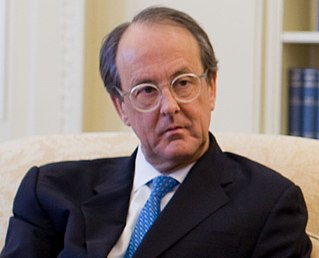A Quote by Peter McWilliams
In reality, serendipity accounts for one percent of the blessings we receive in life, work and love. The other 99 percent is due to our efforts.
Related Quotes
It sounds so innocuous but the difference between 99 percent and 100 percent is huge. You can finish at 99 percent and you'll be hurting but if you push a tiny bit more - and that's the bit that makes the difference to your training - your legs just grind to a halt. It's like your engine is seizing up.
The top 1 percent have the best houses, the best educations, the best doctors, and the best lifestyles, but there is one thing that money doesn't seem to have bought: an understanding that their fate is bound up with how the other 99 percent live. Throughout history, this is something that the top 1 percent eventually do learn. Too late.
Economists often talk about the 80/20 Principle, which is the idea that in any situation roughly 80 percent of the “work” will be done by 20 percent of the participants. In most societies, 20 percent of criminals commit 80 percent of crimes. Twenty percent of motorists cause 80 percent of all accidents. Twenty percent of beer drinkers drink 80 percent of all beer. When it comes to epidemics, though, this disproportionality becomes even more extreme: a tiny percentage of people do the majority of the work.






































